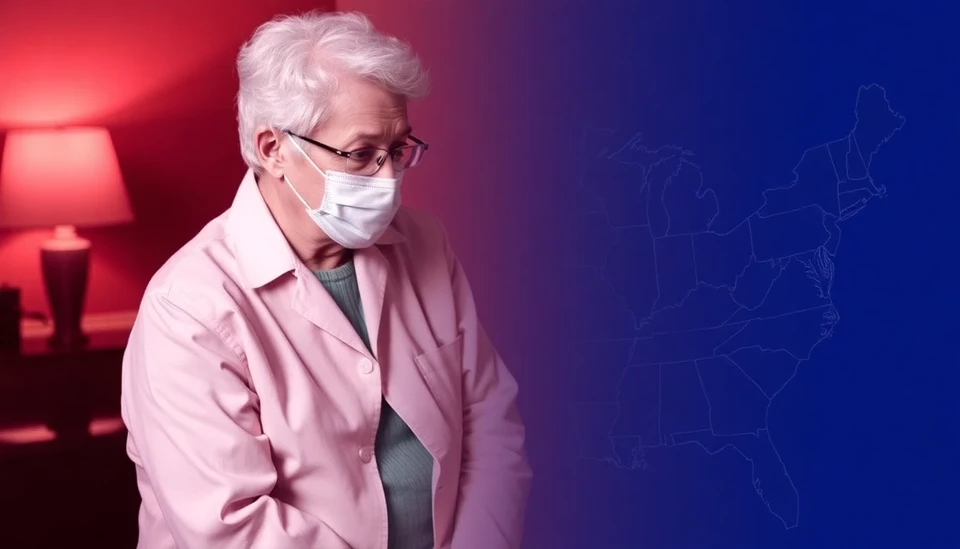
A recent forecast from the U.S. Centers for Disease Control and Prevention (CDC) reveals alarming trends in the diagnosis of dementia, predicting that the number of cases annually could double to approximately 1 million by the year 2060. This projection significantly highlights the growing concern over age-related cognitive decline, particularly as the American population ages.
The analysis underscores a troubling demographic shift: as the Baby Boomer generation continues to age, the prevalence of dementia is anticipated to surge. Currently, over 6 million Americans are living with Alzheimer’s disease, one of the leading causes of dementia. The ongoing rise in diagnosis rates could have profound implications for healthcare systems, families, and communities nationwide.
The report emphasizes that while the current figures are already daunting, the trajectory suggests that the nature of dementia will emerge as one of the major public health challenges of the coming decades. As the population of individuals aged 65 and older continues to expand, experts warn that the healthcare system may not be adequately prepared to cope with the influx of patients requiring significant medical attention and support.
Experts argue that this rising trend signals an urgent need for more comprehensive strategies to address the care and support of those living with dementia and their families. This includes improving healthcare infrastructure, expanding access to treatment options, and enhancing support systems to accommodate the anticipated increase in demand.
Furthermore, the report advocates for heightened awareness and education surrounding dementia and other cognitive impairments. With early detection being crucial for management and intervention, it is essential that the public is informed about the signs and symptoms of dementia to ensure prompt diagnosis and care.
As communities brace for these changes, stakeholders are being urged to take action. Initiatives focused on research, resource allocation, and community-based programs could play a crucial role in mitigating the impact of this impending healthcare challenge.
This alarming forecast serves as a wake-up call to policymakers, healthcare providers, and the general public. Collaborative efforts must be undertaken to ensure a supportive environment for individuals living with dementia and their caregivers before the projected changes become overwhelming.
As we look to the future, the emphasis on early intervention, education, and resource development will be paramount to tackle the predicted rise in dementia diagnoses head-on.
#Dementia #Healthcare #Alzheimers #PublicHealth #AgingPopulation #MentalHealth #Caregiving
Author: John Harris

